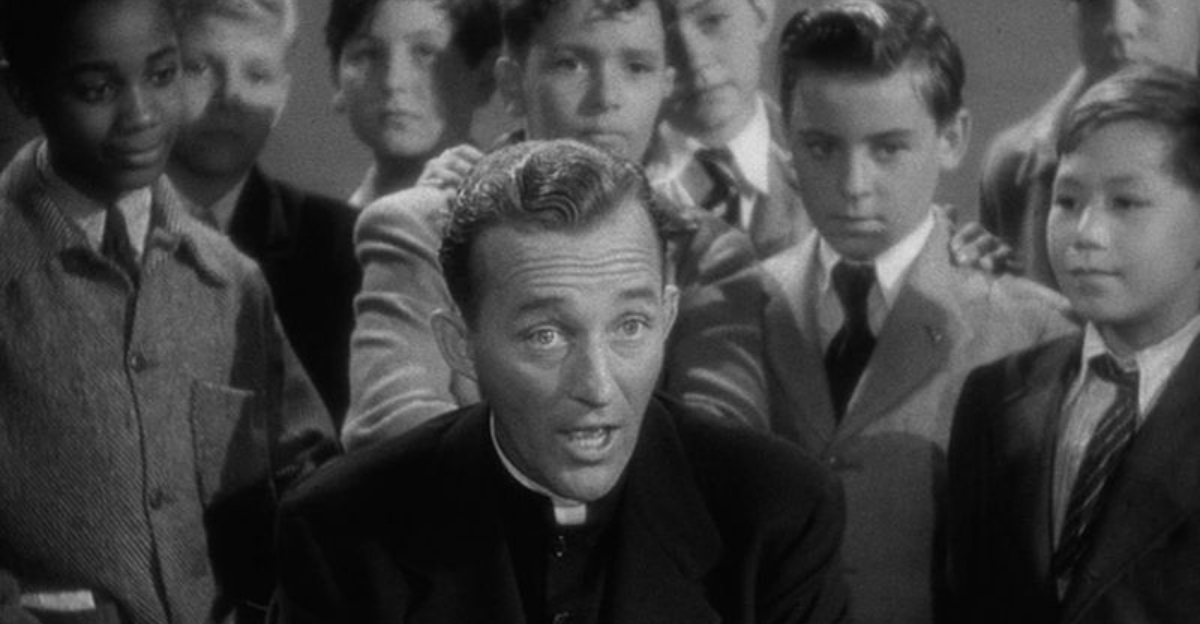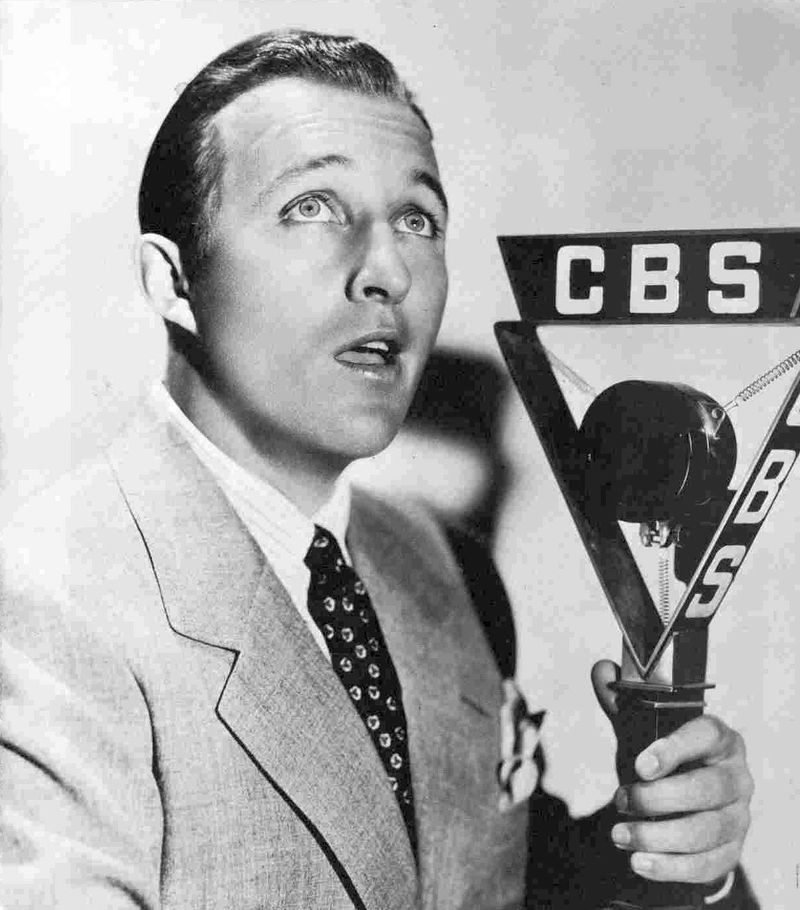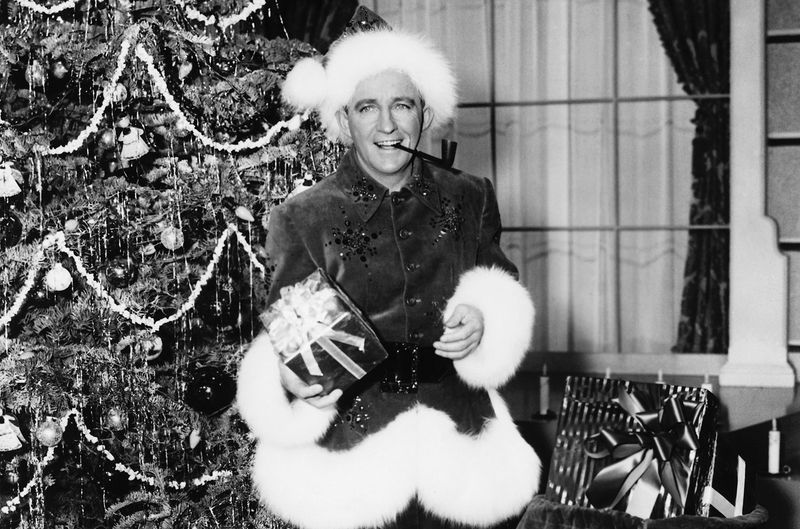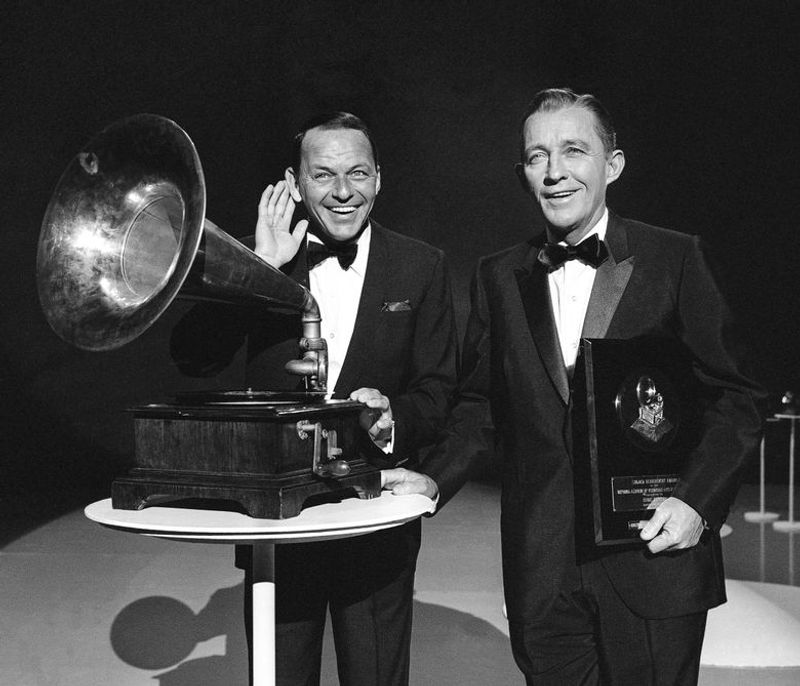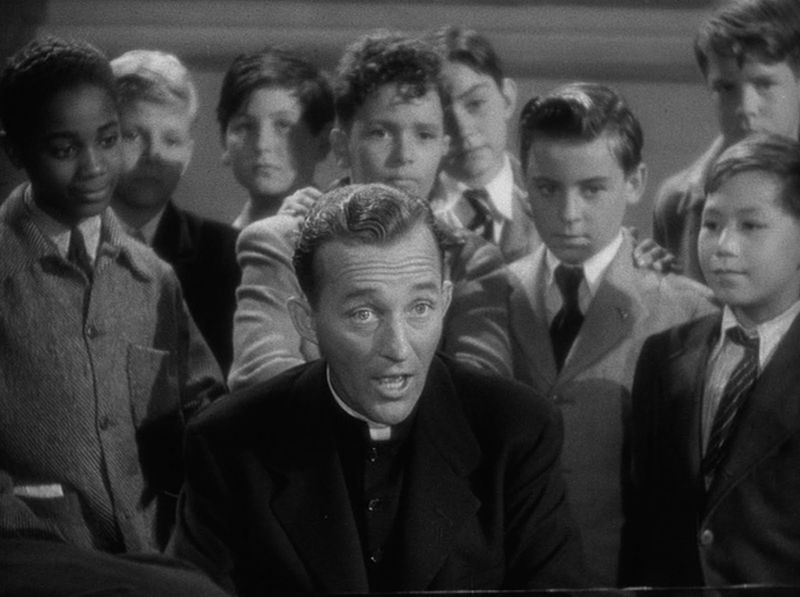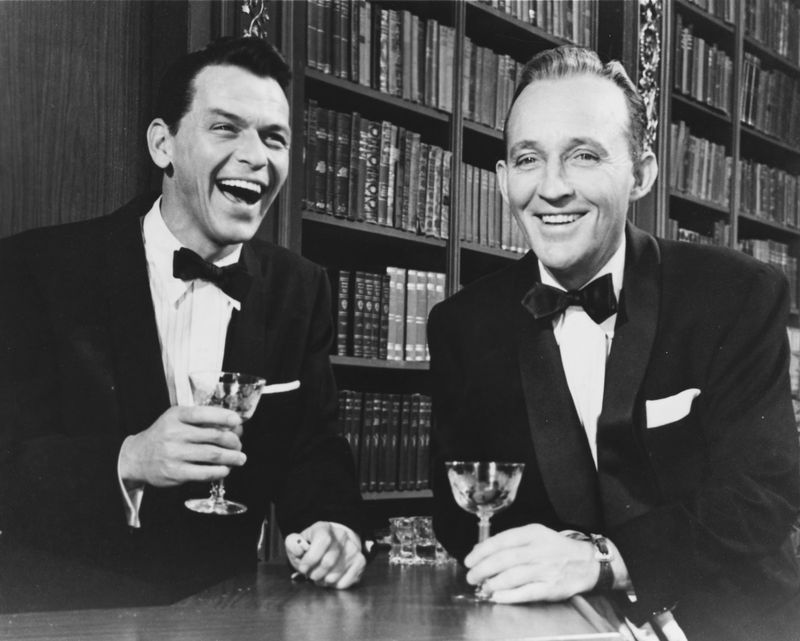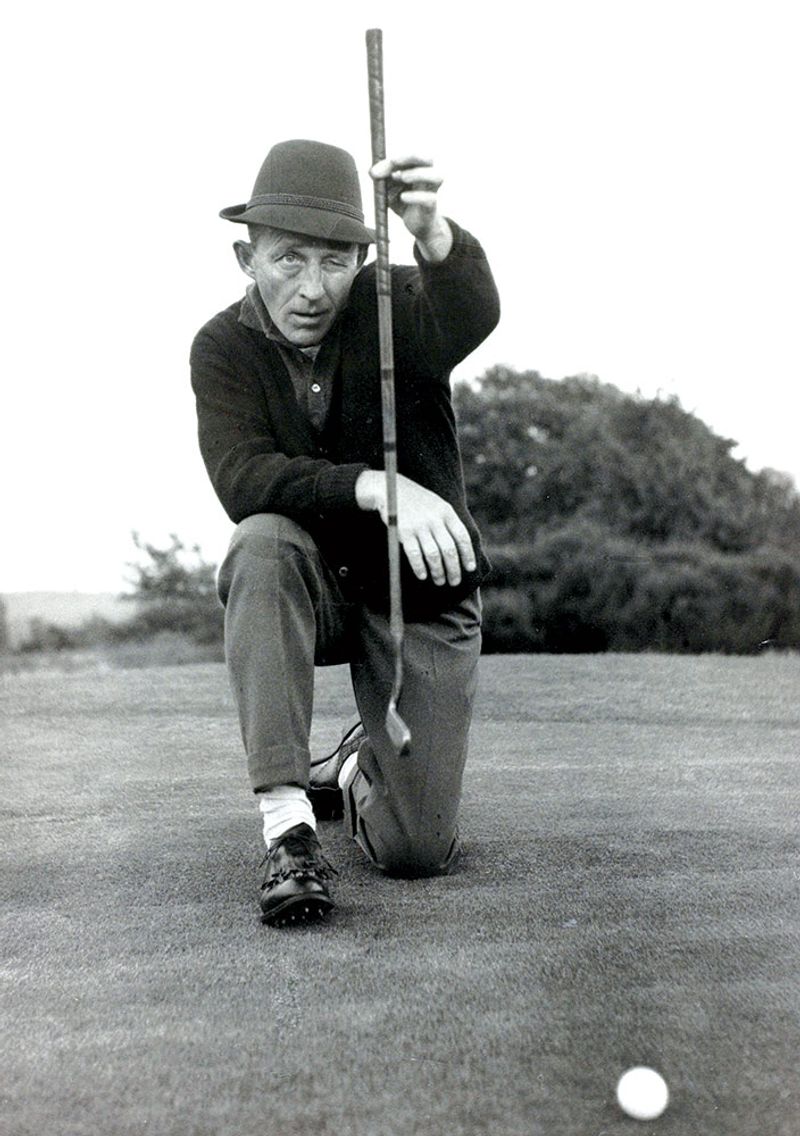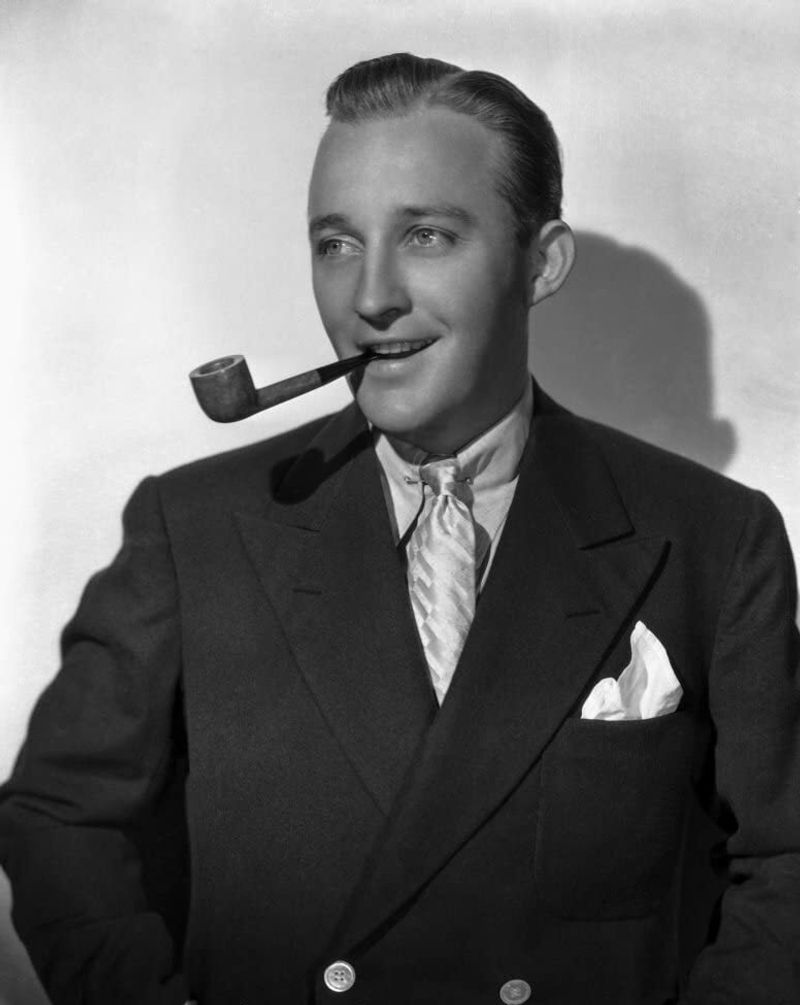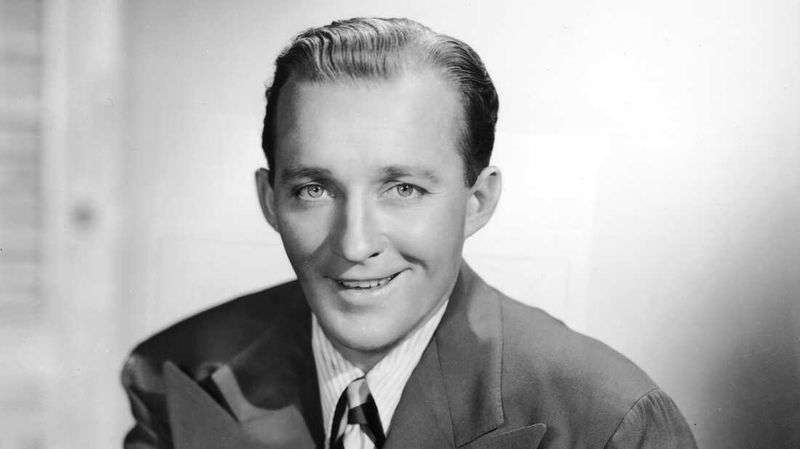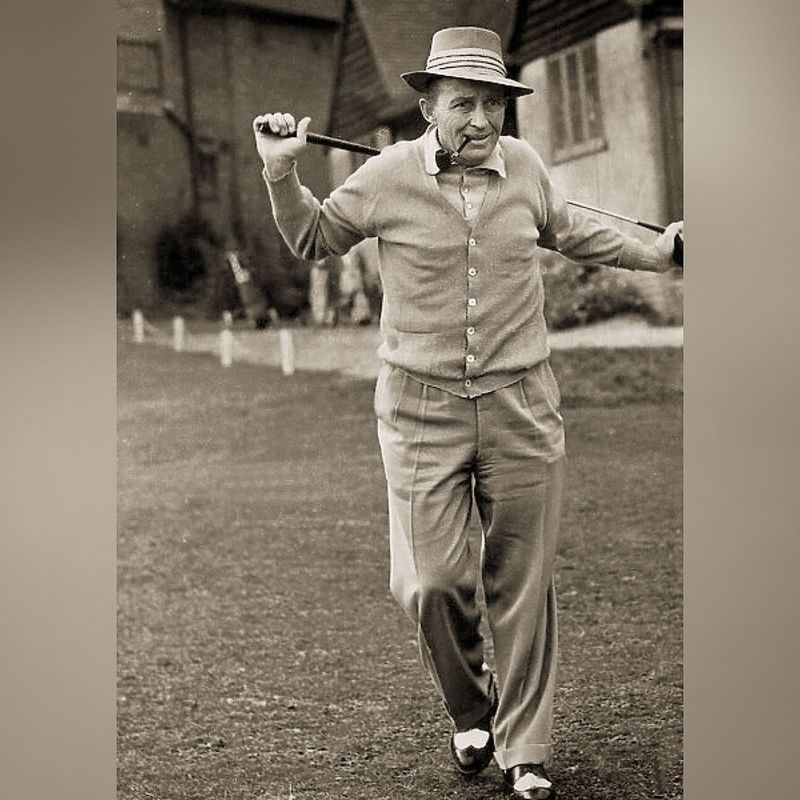Bing Crosby dominated American entertainment for decades as one of the most successful performers in history.
His smooth baritone voice, relaxed style, and multifaceted career made him a household name from the 1930s through the 1970s.
While many know his Christmas classics or remember his film roles, there’s much more to this entertainment icon than meets the eye.
1. Tech Pioneer Before His Time
Beyond his golden voice, Crosby had a visionary eye for technology. He financially backed Ampex Corporation when they were developing magnetic tape recording equipment in the 1940s.
This investment transformed radio broadcasting by allowing shows to be pre-recorded rather than performed live. His foresight helped revolutionize the entire recording industry, making him not just a performer but a technological innovator who fundamentally changed how we consume media.
2. Record-Breaking Christmas Classic
The nostalgic melody of “White Christmas” first graced airwaves in 1942, quickly capturing hearts worldwide. Few songs have achieved such cultural permanence.
According to Guinness World Records, Crosby’s recording stands as the best-selling single of all time, with estimated sales exceeding 50 million copies. The song’s popularity soared during World War II as it evoked homesickness among troops stationed abroad, cementing its place in music history.
3. Grammy’s First Lifetime Achiever
When the Recording Academy sought to honor extraordinary musical contributions with a prestigious lifetime achievement award, Crosby naturally became its first recipient. In 1962, he made history by accepting this inaugural honor.
This recognition acknowledged his unparalleled influence on recorded music and entertainment. Before Elvis or The Beatles received similar recognition, it was Crosby who blazed the trail as the original recipient of what would become one of music’s highest honors.
4. Hollywood’s Singing Priest
Crosby’s talents extended well beyond the recording studio. His portrayal of Father Chuck O’Malley in “Going My Way” earned him an Academy Award for Best Actor in 1945.
The character resonated so deeply with audiences that he reprised the role in “The Bells of St. Mary’s,” becoming one of few actors nominated for an Oscar twice for playing the same character. His natural, understated acting style broke new ground in an era of more theatrical performances.
5. Sinatra’s Surprising Mentor
Frank Sinatra might seem like Crosby’s rival, but their relationship tells a different story. The established crooner actually helped launch Sinatra’s career by featuring him on radio shows and concert bills.
Sinatra openly acknowledged Crosby as his musical idol and primary influence. This mentorship between two of music’s greatest voices shaped American popular music for generations. Their friendship demonstrated Crosby’s generosity toward emerging talent rather than viewing them as competition.
6. Golf Enthusiast and Tournament Founder
Golf wasn’t just a hobby for Crosby—it was a passion that nearly rivaled his love for music. His devotion to the sport led him to create the Bing Crosby National Pro-Am tournament in 1937.
This prestigious event, now known as the AT&T Pebble Beach Pro-Am, continues today as part of his sporting legacy. His golf obsession even put him on the greens with Presidents Eisenhower and Kennedy, blending his entertainment fame with political connections through shared love of the game.
7. The Origin of His Distinctive Name
Born Harry Lillis Crosby Jr., the iconic performer acquired his famous moniker through childhood fascination. Young Harry loved reading a comic strip called “The Bingville Bugle” so much that friends nicknamed him “Bingo.”
This eventually shortened to “Bing,” creating one of entertainment’s most recognizable names. The simple, memorable name perfectly complemented his approachable persona and became synonymous with American entertainment for decades, completely overshadowing his given name.
8. Entertainment’s First Cross-Platform Star
Long before celebrities routinely jumped between media formats, Crosby conquered every entertainment platform of his era. His versatility allowed him to dominate radio, recordings, film, and later television simultaneously.
With over 70 feature films and more than 1,600 recorded songs, his cultural footprint was unprecedented. This multimedia success established the template for modern entertainment careers. Unlike contemporaries who specialized in one medium, Crosby’s adaptability made him the original entertainment industry polymath.
9. Complicated Family Legacy
Behind the perfect public image, Crosby’s family life revealed complexities that complicated his legacy. Some of his children, particularly Gary Crosby, published memoirs describing him as a strict, emotionally distant father with harsh disciplinary methods.
Other family members defended him, creating conflicting narratives about his private character. This duality between his warm public persona and contested family relationships adds depth to understanding the man behind the spotlight, reminding us that celebrities often live divided lives.
10. A Poetic Final Farewell
Crosby’s life ended in a way that seemed almost scripted for the golf enthusiast. On October 14, 1977, after completing a round at La Moraleja Golf Course near Madrid, Spain, he suffered a fatal heart attack.
His reported final words—”That was a great game of golf, fellas”—captured his lifelong passion. At age 74, the entertainment legend departed doing what he loved, creating a fitting conclusion to a remarkable life that had brought joy to millions through both his performances and his sporting passions.
